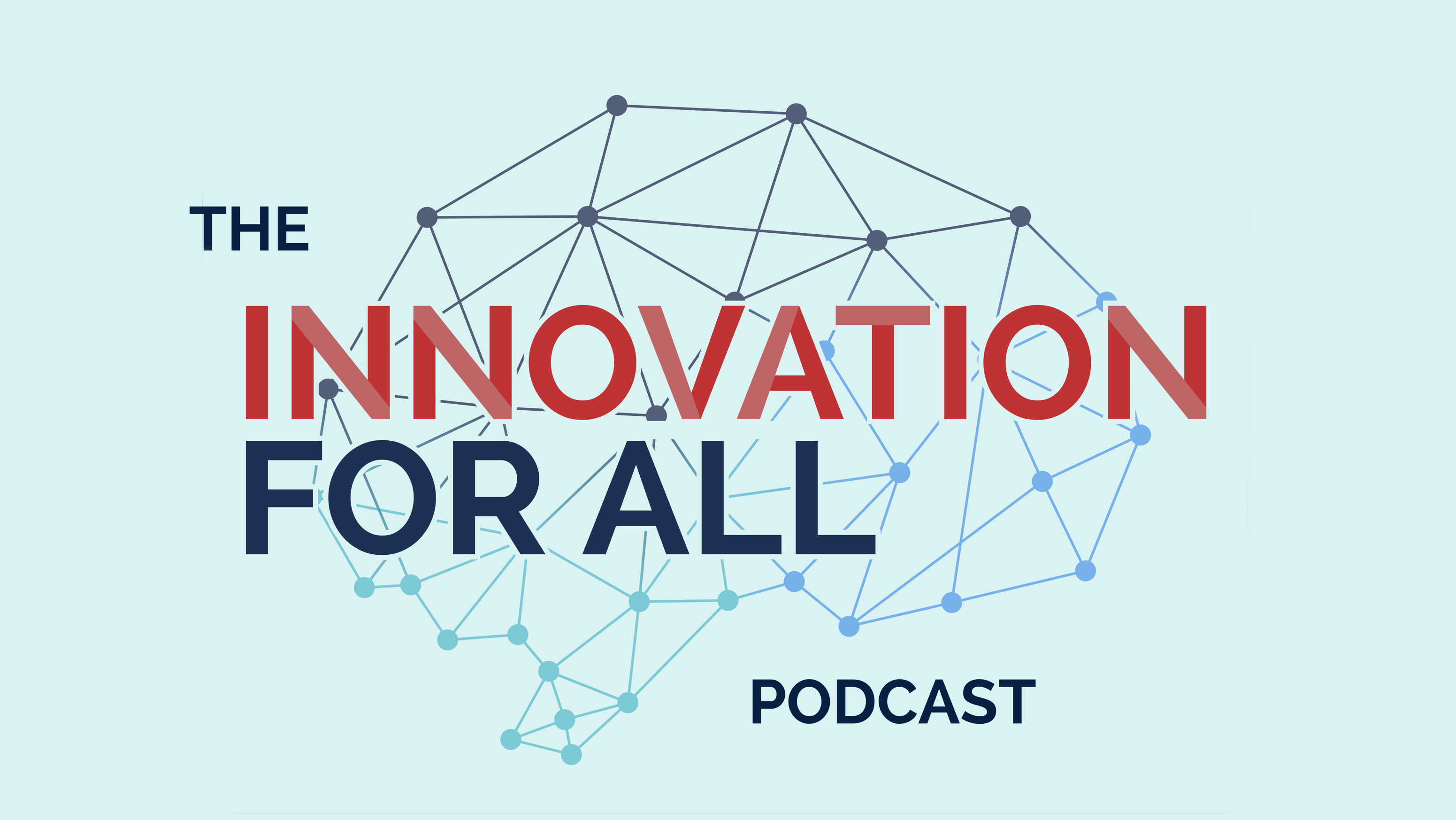
In this episode, Henry Claypool, policy expert and former Director of the U.S. Health and Human Services Office on Disability, discusses the diversities within the disability community and how advocates are fighting for inclusivity in the transportation industry, particularly with the development of autonomous vehicles and popular ride-sharing services.
In this episode you will learn:
- About the immense diversity of need within the disability community
- How ride share services can either be beneficial or challenging depending on different disabilities
- Examples of both simple and highly extensive modifications to vehicles that accommodate physical disabilities
- How certain populations with disabilities could benefit from autonomous vehicles
- What types of mechanical challenges for people with disabilities could be the same even in an autonomous vehicle
- How disability advocates are working with automotive manufactures to be more inclusive in the early stages of vehicle development
- How echolocation could be a model for the blind community to locate their car
- How ride sharing will fundamentally shift the automotive market to accommodate disabilities
- How we can build better data sets around people with disabilities
Links and mentions:
- Hans Wiberg, Founder of Be My Eyes
- Original Equipment Manufacturer (OEM)
- Haben Girma
Connect with Henry:




